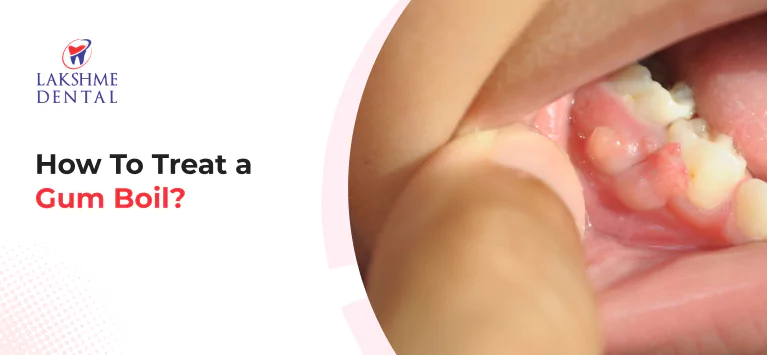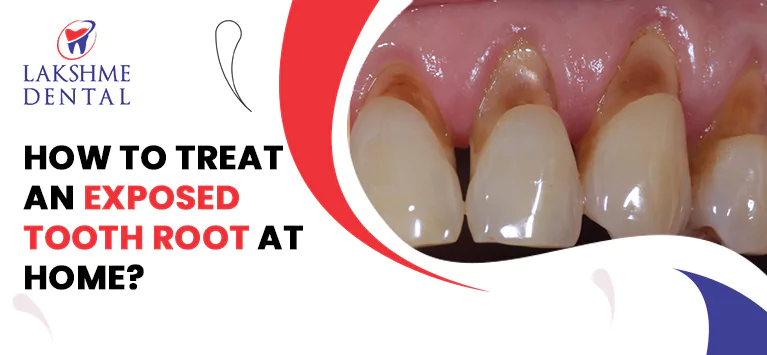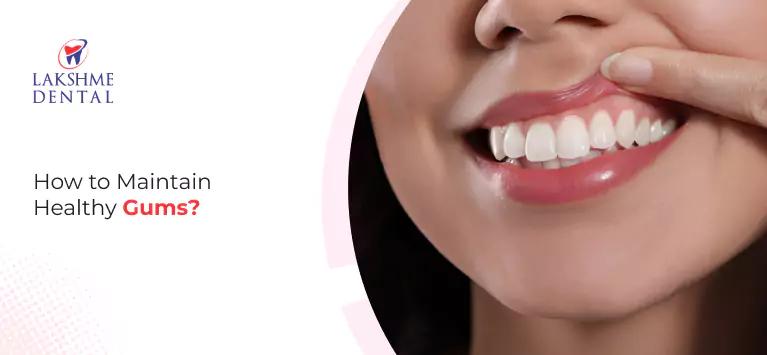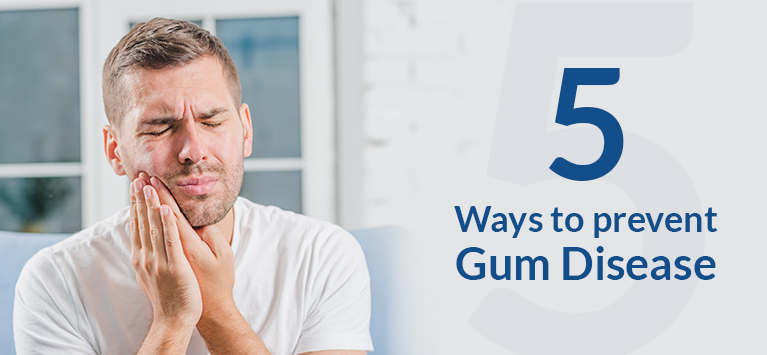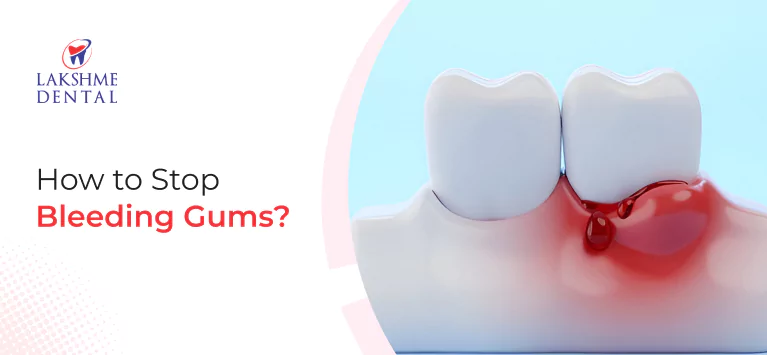
How to Stop Bleeding Gums?
Bleeding gums are a common concern that affects many individuals. While it might seem minor, persistent gum bleeding could indicate underlying oral health problems. If left untreated, it can lead to severe complications, including gum disease and tooth loss. This guide will explore effective ways to stop bleeding gums and improve your oral health.
Causes of Bleeding Gums
To address bleeding gums, it’s essential to understand the potential causes:
Gingivitis: The initial stage of gum disease resulting from plaque accumulation.
Poor Oral Hygiene: Irregular brushing and flossing can lead to plaque and tartar.
Vitamin Deficiency: Lack of vitamin C and vitamin K can weaken gums.
Improper Brushing or Flossing Techniques: Aggressive brushing or flossing can damage gum tissue.
Hormonal Changes: Pregnancy and hormonal imbalances can increase gum sensitivity.
Medications: Certain blood-thinning medications may cause gum bleeding.
Effective Remedies to Stop Bleeding Gums
Here are practical steps to stop gum bleeding and improve gum health:
Maintain Good Oral Hygiene
Brush Twice Daily: Opt for a soft-bristled toothbrush paired with fluoride toothpaste. Brush gently at a 45-degree angle to clean the gum line effectively.
Floss Daily: Remove food particles and plaque between teeth where a toothbrush can’t reach.
Use an Antibacterial Mouthwash: It helps reduce bacteria and soothe gum inflammation.
Replace Your Toothbrush Regularly: Switch to a new toothbrush every 3-4 months to ensure optimal cleaning.
Improve Your Diet
Increase Vitamin C Intake: Citrus fruits, bell peppers, and strawberries can help strengthen gums.
Boost Vitamin K Levels: Include leafy greens like spinach and kale in your diet to improve blood clotting.
Incorporate Calcium-Rich Foods: Dairy products, almonds, and fortified plant milk strengthen teeth and gums.
Stay Hydrated: Drinking water throughout the day can help wash away food particles and bacteria.
Reduce Sugar Intake: Limit sugary snacks and beverages that contribute to plaque formation.
Address Habits That Harm Gums
Quit Smoking: Smoking weakens the immune system and delays gum healing.
Avoid Sugary Foods and Drinks: They promote plaque formation, leading to gum irritation.
Practice Stress Management: Stress can exacerbate gum inflammation by weakening the immune response.
Avoid Teeth Grinding: Bruxism, or teeth grinding, can cause gum recession and sensitivity.
Regular Dental Checkups
Visit your dentist at least twice a year for professional cleaning and checkups. Detecting gum issues early can help prevent more severe complications.
Consider scheduling additional cleanings if you have a history of gum disease or other oral health issues.
Natural Remedies to Stop Bleeding Gums
Natural remedies can be an excellent addition to your oral care routine. Here are some options:
Salt Water Rinse: Mix half a teaspoon of salt in a glass of warm water and rinse your mouth to reduce inflammation and bacteria.
Turmeric Paste: Apply a paste of turmeric and water to gums. Turmeric has anti-inflammatory and antimicrobial properties.
Aloe Vera Gel: Gently massage pure aloe vera gel onto your gums to soothe irritation.
Tea Bags: Place a used, cooled tea bag (preferably black or green) on the affected area. The tannins help reduce bleeding and inflammation.
Coconut Oil Pulling: Swish a tablespoon of coconut oil in your mouth for 10-15 minutes to reduce bacteria and promote gum health.
Clove Oil: Dab a small amount of clove oil on the gums using a cotton swab to reduce pain and inflammation.
When to See a Dentist?
If gum bleeding persists despite following these remedies, consult a dentist. Persistent bleeding could indicate:
- Advanced gum disease (periodontitis)
- Underlying medical conditions like diabetes
- Side effects of medications
- Nutritional deficiencies that require supplementation
Your dentist may recommend professional treatments such as:
Scaling and Root Planing: A deep cleaning procedure to remove tartar and plaque below the gum line.
Medications: Prescription mouthwashes or antibiotics to address infection and inflammation.
Surgical Procedures: In severe cases, surgical interventions like gum grafts or pocket reduction surgery may be necessary.
Prevent Bleeding Gums in the Future
Prevention is always better than cure. Follow these tips to maintain healthy gums:
Brush and Floss Consistently: Use proper techniques to clean teeth and gums effectively.
Use a Soft-Bristled Toothbrush: Be sure to change it every 3-4 months.
Eat a Balanced Diet: Prioritize foods rich in vitamins and minerals.
Stay Hydrated: Water helps maintain saliva production and oral health.
Regular Dental Visits: Professional cleanings remove plaque and tartar that regular brushing can’t.
Chew Sugar-Free Gum: This stimulates saliva production, which helps clean the mouth naturally.
Wear a Mouthguard: Protect your teeth and gums from damage if you grind your teeth at night.
Conclusion
Bleeding gums are often a warning sign of poor oral hygiene or an underlying health issue. By maintaining proper oral care, improving your diet, and seeking dental advice when necessary, you can effectively stop bleeding gums and promote long-term gum health.


